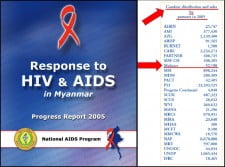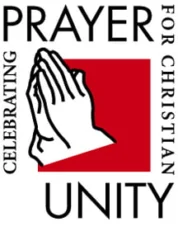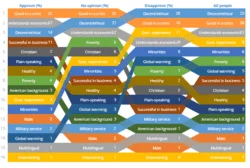
Press Release (ePRNews.com) - Goose Creek,SC - Aug 10, 2017 (UTC) - Teleios Research recently performed a survey on the Instagram account, godsholyscriptures, evaluating differences in beliefs regarding salvation. There were 244 responses being mostly evangelicals (60%) who identify as Catholic (18%), mainline Protestant (44%) or evangelical Protestant (38%).
Although the great majority across all groups noted salvation is completely by grace, several important statistical differences were found between groups. Catholics were:
- Less likely to believe salvation was by grace than protestants (80% vs. 90%, P=0.088);
- More likely to believe that you needed to be water baptized also for salvation than protestants (71% vs. 33%, P>0.0001);
- Less likely to believe that the Bible was completely inerrant than protestants (34% vs. 64%, P>0.0001);
- More likely to believe that sharing the gospel could be performed simply by living a good life than protestants (63% vs. 28%, P>0.0001).
In contrast, Catholics and both groups of Protestants had similar views of discipleship, Bible study, prayer and the level of security their salvation.
These results are encouraging in that they show young people identifying as Christian across all denominations, and interested enough in their faith to visit a Christian account on Instagram, recognize that salvation is by grace through faith in Jesus Christ. However, it also emphasizes the need in all these groups for more Biblical teaching on the inerrant quality of the biblical text, the sufficiency of Christ’s sacrifice alone for salvation, and eternal security.
All the findings of the survey, as well as other Teleios research, are on our website www.teleiosresearch.com.
Teleios, a non-profit foundation, seeks to demonstrate the truth of Scripture and the Christian faith through the scientific method by providing evidence for the positive results of a biblically-based lifestyle. Prior studies conducted by Teleios have shown that the practice of the Christian faith (praise, prayer, fellowship, service and Bible study) and security of salvation increases well-being while reducing guilt.





